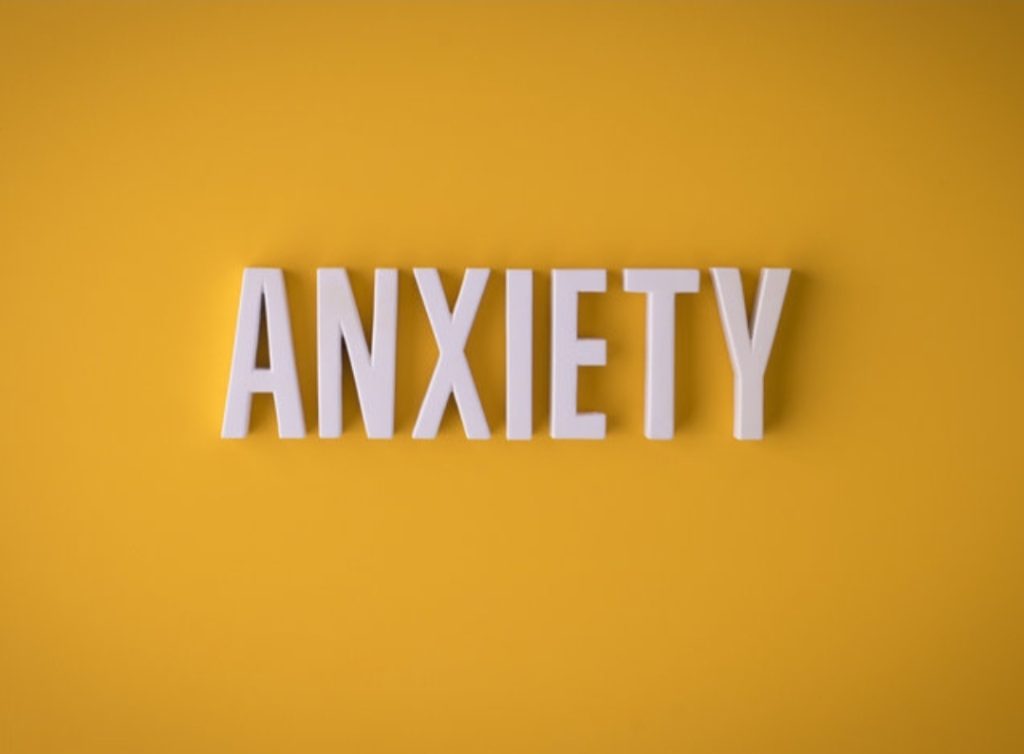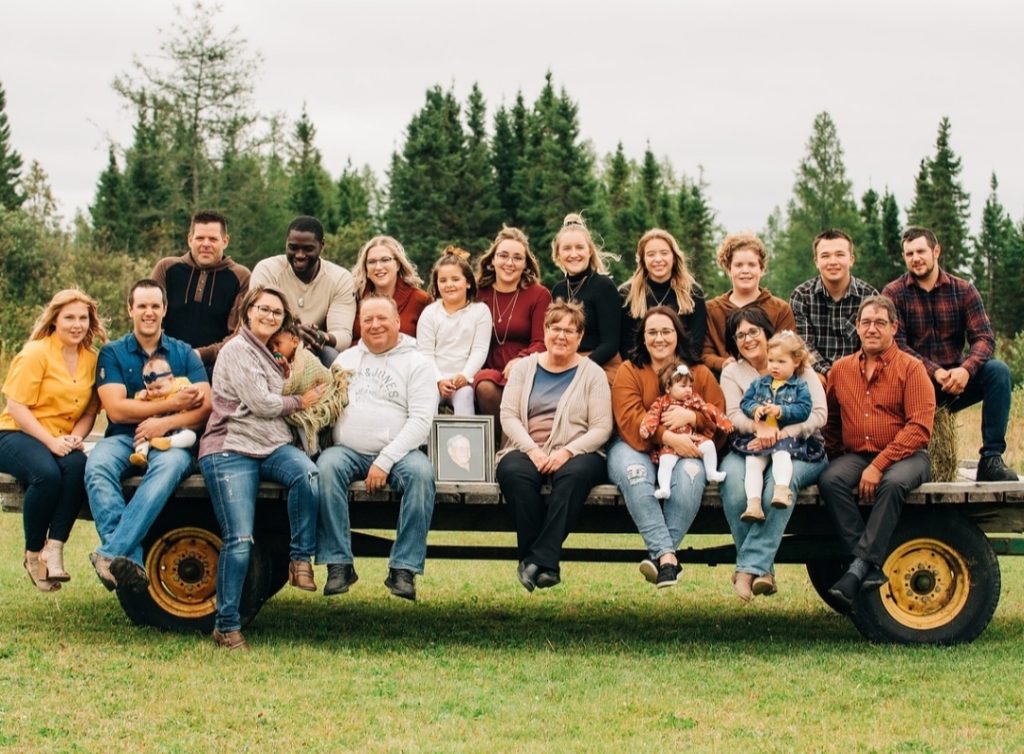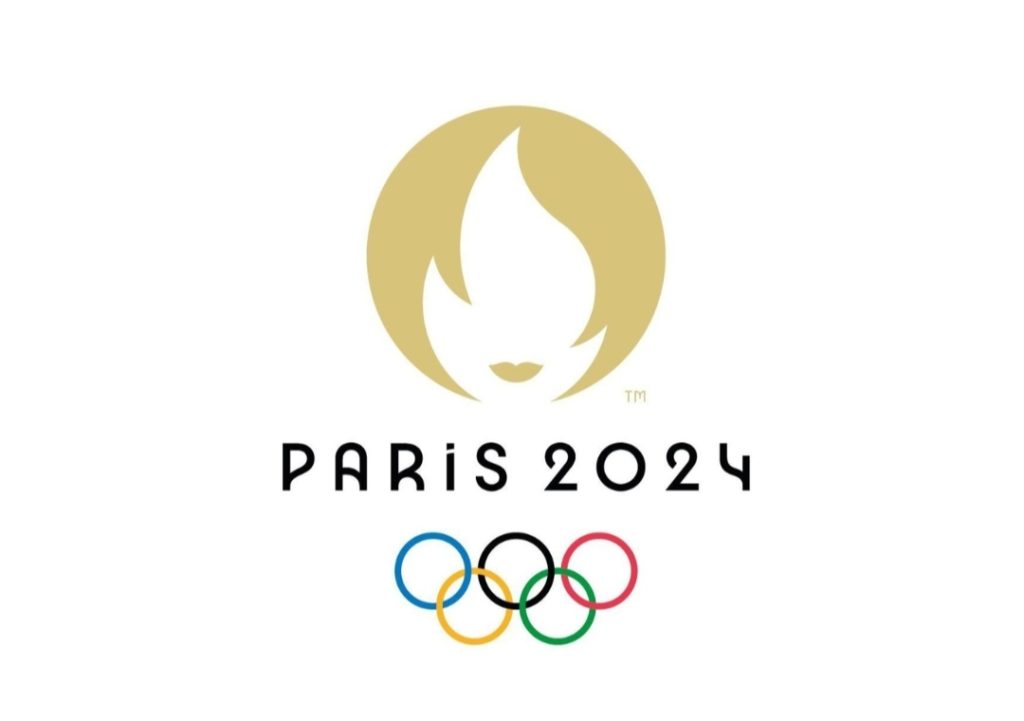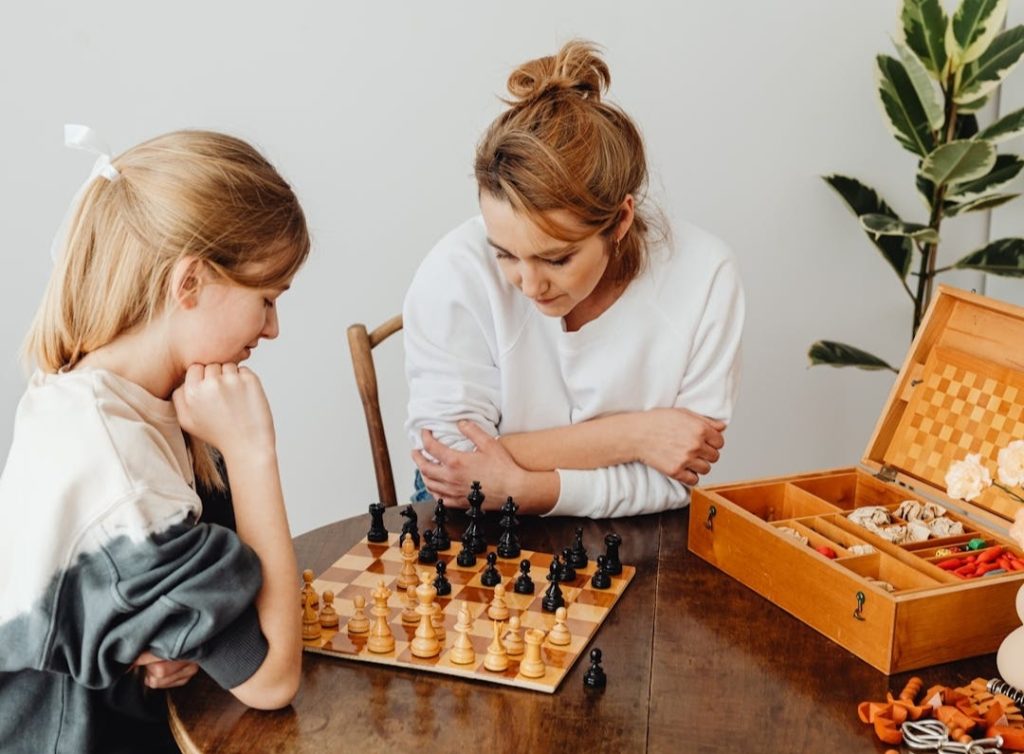“Medicine, law, business, engineering, these are noble pursuits and necessary to sustain life. But poetry, beauty, romance, love, these are what we stay alive for.” ~ Dead Poets Society
Sometimes, I think if I had to choose an alternative career path, I could very possibly be a writer in the liberal arts field. I have always been amazed that how those ancient people like Confucius, Socrates, Plato, Beethoven, Bach, and Schopenhauer bring tremendous comfort, beauty, peace, and joy into my life. It feels like magic when their wisdom or work crossing time and space comes to knock at my soul like pebbles into a lake, rippling the water. That is to say, a great part of my fun is to read books, listen to music, look at the moon, trees, and flowers, feel the wind, and ponder on the complexity of humanity.
My work is on the opposite spectrum, teaching and research in the engineering field, which seems not very compatible with my fondness for liberal arts as well as my right-brained sentimental personality. Luckily, I came to realize that my fun and work have been intertwined extremely well in the past five years. One of my core beliefs is that anyone before their title, profession, or social role, is a human being. As human beings, we are naturally and deeply connected in common suffering, joy, sadness, and other emotions. Because of that, compassion and kindness toward each other, animals, and nature, are the most valuable grace we can offer to the universe over our lifetime.
As an educator, I truly hope my students will, first of all, be kind individuals and then excellent engineers. An engineer without a heart can be dangerous, just like technology without the responsibility that comes with it. Humanity is always less developed than technology. The same emotions and issues between people and nations are still the same in human history: love, friendship, happiness, sadness, war, betrayal, and many others. Technology just changes the speed, format, or scale. For instance, in ancient times, if loved ones were apart, they would wait for months to receive a letter; nowadays, a message can come back and forth in seconds, even a virtual call. It may be different speeds, but what’s behind the behavior is the same: the emotional longing. Another example is that in an ancient war, a soldier with one club could kill one person at a time, and nowadays, one button can be used to shoot a missile that can eliminate hundreds and thousands of people.
You may think I am so pessimistic and anti-technology…not really, I like technology and believe it is crucial to educate people to use it in a caring and cautious way. For instance, CRISPR technology helped us combat COVID-19 and also demonstrated the potential to cure sickle cell disease (somatic cell), but should we use it on reproductive cells to cultivate strong combat soldiers and taller and smarter kids? At the end of the day, it is all up to the mind where humanity and philosophy come in. No matter if your answer is yes or no, we already have CRISPR-edited babies entering the world by a scientist named He Jiankui, who later was sentenced to jail. Some steps in technology, once they are walked, cause us to enter a new era and never be able to take it back: the first atomic bomb and the first gene-edited baby.
As an aside, if you read the biography The Code Breaker: Jennifer Doudna, Gene Editing, and the Future of the Human Race about one of the CRISPR technology inventors, you will see how the technology- developing path fermented friendship and collaboration and then how profits dissolved these and initiated the patent wars: human after all. There was a semester when the last slide in my last engineering lecture showed pictures from Star Wars: the lightsaber and Anakin Skywalker. The message I tried to convey was that like the lightsaber, engineering knowledge is neutral, and it is your choice to choose the bright side, be a kind and brilliant Jedi in the engineering world and make the world a better place. Years later, one of the students sitting in that class told me he really enjoyed the Star Wars slide. Recently, I was trying to tell students how important it is to keep notes in class, and I somehow remembered Leonardo Da Vinci’s notebook and spent one minute in class to show them his notebook from several hundred years ago. In hindsight, moments like this are where my liberal arts side kicked in briefly in my engineering class and made a perfect combination.
The other side of my personal fun pursuit which benefits work is that a greater understanding of humanity and psychology helps me better communicate with my undergraduate and graduate students in an equal and open way. The more I read, the humbler I become, and the less ego I have. I told my graduate students that by the time they graduate they will have taught me something new. Research 90% percent of the time doesn’t go as planned, meaning my students and I are facing new situations/issues most of the time. I find this area of uncertainty most intriguing because it always teaches me something new after adjusting the plan, and my students return with new data. In this aspect, life and science can all be concluded perfectly by Socrates’ paradox: “I know that I know nothing.”
I want to conclude with this from another Socrates’ quote: “The unexamined life is not worth living.”
The examined use of technology is the responsible and prudent way forward.
Her Nexx Chapter invites you to join our free Community where women from around the world are connecting with each other’s stories, exploring different experiences, and transforming ideas.
The Future of Connection for Women








0 Comments